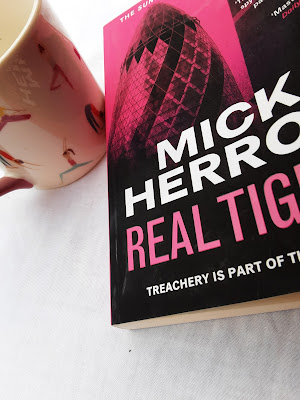"Sixty-five percent of people, said Calvin, "are less than twenty feet from a trail when they first begin to feel disoriented."
Somehow it is seven months since I last posted a book review and that one was also about being lost in the woods! I've not read Liz Moore before but The God of the Woods is a real page- turner which is probably why it is top of the New York Times fiction bestseller list. I do love novels about woodcraft and forestry. Set at a camp for youngsters in the Adirondacks the narrative moves backwards and forwards chronologically, with many characters and quite a few red herrings. It reminded me a little of Meg Wolitzer's The Interestings which was also set in the 1970s at a camp for gifted teenagers called Spirit in the Woods.
The God in the Woods features a spectacularly crass and wealthy Adirondack family who own the camp and their teenage daughter Barbara who goes missing in the woods fifteen years after their eight year old son Bear disappeared. For me the most enjoyable chapters centred around the camp itself and the engaging street-smart camp counsellor Louise. I also liked misfit teenager Tracy who is experiencing the agonising pangs of unreciprocated first love. With an escaped serial killer believed to be making his way north never has the camp's mantra WHEN LOST SIT DOWN AND YELL been more pertinent.
if I have a minor quibble it seemed to me that one or two of the red herrings were not explained but Liz Moore has created a beautifully written literary thriller. I loved this quote:
For a bonus, she asked them: Who knew the origins of the word?
"Which word?" someone said.
"Panic," said TJ. But no one raised a hand.
She explained. It came from the Greek god Pan: the god of the woods. He liked to trick people, to confuse and disorient them until they lost their bearings, and their minds.
Great cover and pink endpapers, too! If you've read it you will know that the drip of fawn pink paint symbolises a certain scene in the book. I would love to know your thoughts.






